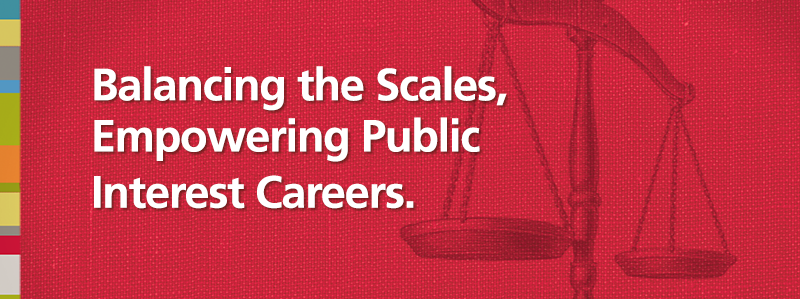This website uses cookies
We use cookies to ensure that we give you the best experience on our website. If you continue to use this site we will assume that you are happy with it.

Cornell Law School is dramatically increasing its support for graduates pursuing public service careers, setting a new standard among the nation’s top law schools. Now, graduates will be empowered more than ever before in their efforts to pursue full-time careers in the public sector.
Beginning in June 2024, Cornell Law will increase the salary cap eligible for full reimbursement for federal loans from $80,000 to $120,000 for graduates in public service jobs. Further, Cornell Law will also offer partial reimbursements for those with salaries between $120,000 and $150,000. Depending on the circumstances, the plan may eliminate the entirety of law school debt for some graduates.
Cornell Law also has a more expansive definition of public interest law than many other law schools. Cornell graduates can qualify for loan forgiveness—known internally as the Loan Repayment Assistance Plan (LRAP) —if they work domestically or internationally in jobs with federal, state, or local government entities, nonprofit organizations, or labor unions.
“We want our law students and graduates to have more options and feel less constrained in their career choices,” says Shane Cooper ’03, associate dean for admissions and financial aid. Cooper says a law career in service to the public interest is a laudable and aspirational goal for many law school students and graduates. But the economic realities of lower salaries in public interest law and the burden of law school loan repayments have prevented many from pursuing their passions.
“In their application essays, many students express a desire to work in government, public and nonprofit sectors,” says Akua Akyea, associate dean for career development. But it’s hard to manage the finances, and graduates opt instead for jobs in corporate law to afford loan repayment and living expenses. “It shouldn’t be an either/or proposition,” says Akyea. “The goal is to give every Cornell Law graduate the freedom to make a decision that is best for them.”
The change in LRAP eligibility requirements applies to new graduates and those who’ve graduated within the last decade. Akyea and Cooper point out that many graduates who began work in the public sector with LRAP support ended up leaving their public service jobs when their salaries increased beyond the $80,000 cap. Now, the new cap means they can afford to keep doing what they love to do.
Akyea and Cooper will also be revisiting applications to LRAP made by recent graduates for calendar year 2024. “There were a handful of people who applied in December 2023 for calendar year 2024, but we had to turn them down because their jobs were paying more than $80,000,” says Cooper. “So we will be doing some retroactive qualifying and awarding of funds.” Alumni who believe they may qualify for this benefit in calendar year 2024 are encouraged to contact Cornell Law Financial Aid at law.financialaid@cornell.edu.
Jens David Ohlin, Allan R. Tessler Dean and Professor of Law, credits generous alumni for providing some of the resources critical to the expansion of the LRAP. “The loan repayment promise we make at Cornell allows us to deliver on the dreams of individuals who want to use their law degree to serve the public interest,” Ohlin notes. “Expanding opportunities for our graduates will attract more aspiring lawyers to Cornell, and, ultimately, enhance their impact on our nation as they consider more diverse career options.”